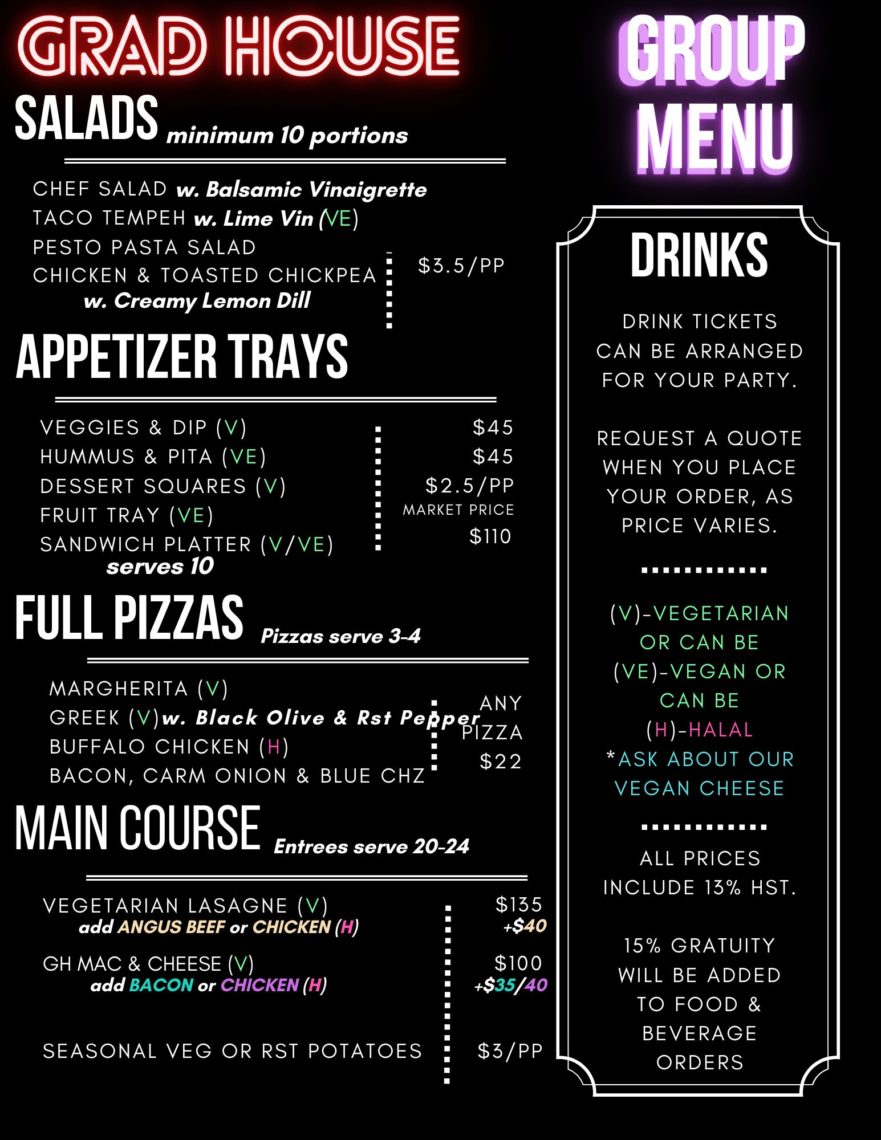Managing Workplace Conflict
Graduate Student TAs, RAs and Sessional Instructors are critical agents in the research and educational services of the University of Waterloo. While there are many opportunities for work experience and professional development through such roles, it is important to review resources for support when met with interpersonal disagreements or challenges relating to divisions of labour, time or responsibilities.
Recognizing the inherent power imbalance between graduate students and the supervisory role, it is important to establish healthy and effective working relationships to ensure everyone’s time, abilities and energy are being respected. This allows all parties involved to manage the demands of the work assignment while also balancing the many other competing priorities of academia.
The GSA Labour Coordinator has partnered with the Conflict Management and Human Rights Office (CMAHRO) to publish a virtual educational series for managing effective relations and conflict management strategies to better equip the graduate student population with supporting theories, tools and resources. Please share your feedback on the value of these modules with the GSA staff at gsa-labour@uwaterloo.ca.
The Conflict Management and Human Rights Office (CMAHRO) assists all members of the University (faculty, staff, students) to provide guidance to individuals or groups on strained relationships including: conflict coaching, mediation for small groups, preparing for difficult conversations, and providing guidance on concerns about workplace harassment or discrimination. CMAHRO helps you understand what your rights are in a given situation, and how they apply to specific circumstances.
For more information on conflict management, feel free to reach out to Jeremy de Boer, Senior Case Consultant for CMAHRO at jdeboer@uwaterloo.ca.
Learning Modules:
Module 2: Green Zone Tools 1: Theory
Module 3: Green Zone Tools 2: Application – Case Study
Module 4: Identifying and Overcoming Barriers to Relationship Repair
Module 5: Blue Zone Tools 1: Theory
Module 6: Blue Zone Tools 2: Application – Case Study
Module 7: Blue Zone Tools 3: Planning Ahead


